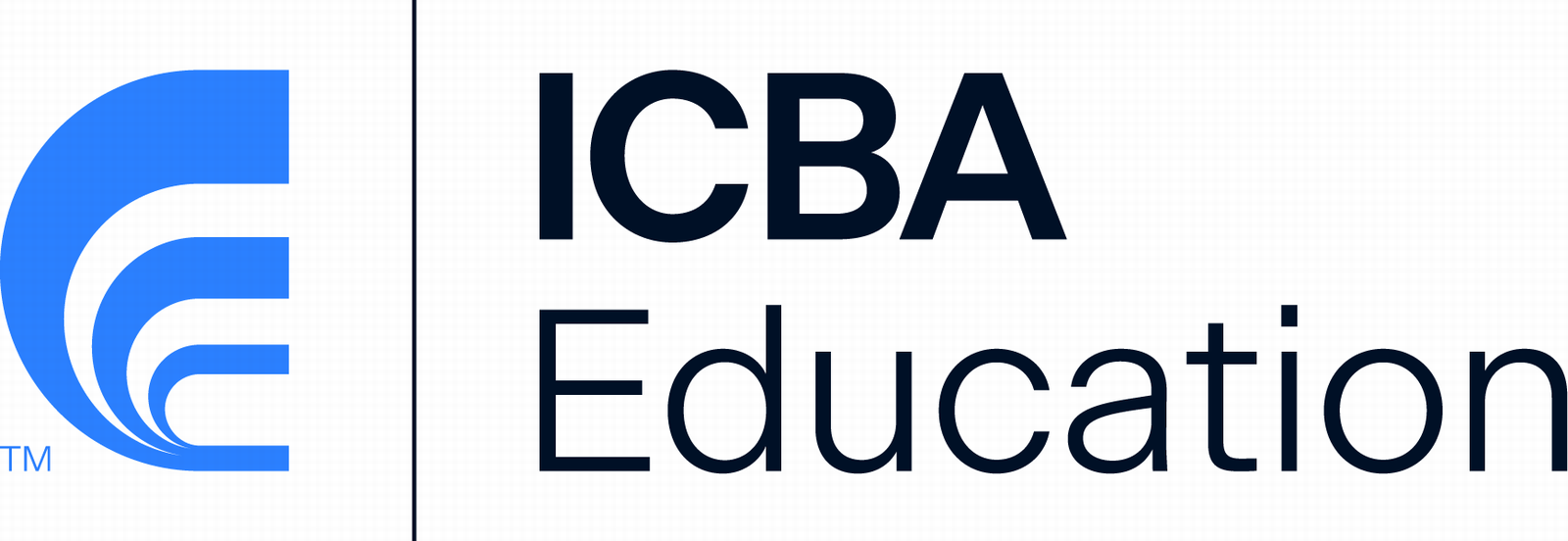New Bills that CBA is Tracking (1/28/22)

H.B. 856 was introduced in the House by Rep. Kim Schofield (D), Atlanta. The bill provides for the establishment of the Legislative Commission on the Disparate Impact of COVID-19. The bill was assigned to the Rules Committee.
H.B. 858 was introduced in the House by Rep. Sandra Scott (D), Rex. The bill relates to the Uniform Civil Forfeiture Procedure Act and provides for hearings upon the seizure of certain property. The bill was assigned to the Judiciary Committee.
H.B. 859 was introduced in the House by Rep. Sandra Scott (D), Rex. The bill relates to the Uniform Civil Forfeiture Procedure Act and provides that certain property is exempt from seizure or forfeiture. The bill was assigned to the Judiciary Committee.
H.B. 860 was introduced in the House by Rep. Sandra Scott (D), Rex. The bill relates to the Uniform Civil Forfeiture Procedure Act and requires reporting of property seized and forfeited to the Carl Vinson Institute of the University of Georgia. The bill was assigned to the Judiciary Committee.
H.B. 916 was introduced in the House by Rep. Rob Leverett (R), Elberton. The bill relates to appeal and error and provides for a unified procedure for appealing decisions of a lower judicatory to a superior or state court. The bill was assigned to the Judiciary Committee.
H.B. 931 was introduced in the House by Rep. Wes Cantrell (R), Woodstock. The bill relates to contents of certificates of title, certificates as evidence, and certificates not subject to garnishment or other process and the alternative ad valorem tax on motor vehicles. The bill was assigned to the Ways & Means Committee.
H.B. 940 was introduced in the House by Rep. Sandra Scott (D), Rex. The bill allows for electronic wills to satisfy all laws of the state. The bill was assigned to the Judiciary Committee.
H.B. 960 was introduced in the House by Rep. Rob Leverett (R), Elberton. The bill establishes the Office of the State Inspector General to investigate the management and operation of state agencies. The bill was assigned to the Judiciary Committee.
H.B. 961 was introduced in the House by Rep. Chuck Efstration (R), Dacula. The bill authorizes apportionment of damages in single-defendant lawsuits and provides for evidence of fault of nonparties. The bill was assigned to the Judiciary Committee. CBA is one of many organizations in the business community that has signed a letter of support for the bill. On Tuesday, the bill was passed by the Judiciary Committee and is now eligible for consideration by the full Chamber.
H.B. 965 was introduced in the House by Rep. Mesha Mainor (D), Atlanta. The relates to the Fair Business Practices Act and provides that certain landlords shall provide certain notices to existing and prospective tenants with regard to certain crimes occurring on the premises being leased. The bill was assigned to the Judiciary Committee.
H.B. 974 was introduced in the House by Rep. Joseph Gullett (R), Dallas. The bill requires deeds, mortgages liens, maps or plats, and state tax executions to be filed electronically with the clerk of superior court. The bill was assigned to the Judiciary Committee.
H.B. 977 was introduced in the House by Rep. Kim Schofield (D), Atlanta. The bill lowers the age of individuals protected by the prohibition of age discrimination in employment from 70 to 50 yeas of age or older. The bill was assigned to the Judiciary Committee.
H.B. 995 was introduced in the House by Rep. William Boddie (D), East Point. The bill requires employers to provide at least five days of sick leave for an employee that can be used for the care of immediate family members. The bill was assigned to the Industry and Labor Committee.
H.B. 997 was introduced in the House by Rep. Sam Watson (R), Moultrie. The bill provides a state-wide exemption from all ad valorem taxes for timber equipment and timber products held by timber producers. The bill was assigned to the Ways & Means Committee.
H.R. 581 was introduced in the House by Rep. Yasmin Neal (D), Jonesboro. The bill proposes an amendment to the Constitution to authorize the General Assembly to provide for the net proceeds of one or more lottery games to support economic development by providing for loans to support small businesses located in Georgia which are independently owned and operated by Georgia residents. The bill was assigned to the Regulated Industries Committee.
S.B. 345 was introduced in the Senate by Sen. Jeff Mullis (R), Chickamauga. The bill prohibits state and local governments from mandating vaccine passports. The bill was assigned to the Health and Human Services Committee.
S.B. 363 was introduced in the Senate by Sen. Blake Tillery (R), Vidalia. The bill provides for class action suits and for damages for violating the requirements for solicitations for corporate filings or employment or labor related posted or notices. The bill was assigned to the Agriculture and Consumer Affairs Committee.
S.B. 364 was introduced in the Senate by Sen. Blake Tillery (R), Vidalia. The bill provides for class action suits and for damages against certain persons for violating provisions related to telephone solicitations. The bill was assigned to the Agriculture and Consumer Affairs Committee.
S.B. 371 was introduced in the Senate by Sen. Larry Walker III (R), Perry. The bill authorizes for-profit credit repair services; revised the definition of “credit repair services organization”. The bill was assigned to the Agriculture and Consumer Affairs Committee.
S.B. 374 was introduced in the Senate by Sen. Blake Tillery (R), Vidalia. The bill relates to the Georgia Data Analytic Center and establishes as an agent of all executive state agencies. The bill was assigned to the Science and Technology Committee.
S.B. 394 was introduced in the Senate by Sen. Greg Dolezal (R), Cumming. The bill protects the privacy of computer data and personal information of individuals in the state. It finds the use of a strictly ‘opt-out’ method for data privacy to be ineffectual and to pose an immediate risk to the health, safety, and welfare of individuals in the state. The bill was assigned to the Science and Technology Committee.


